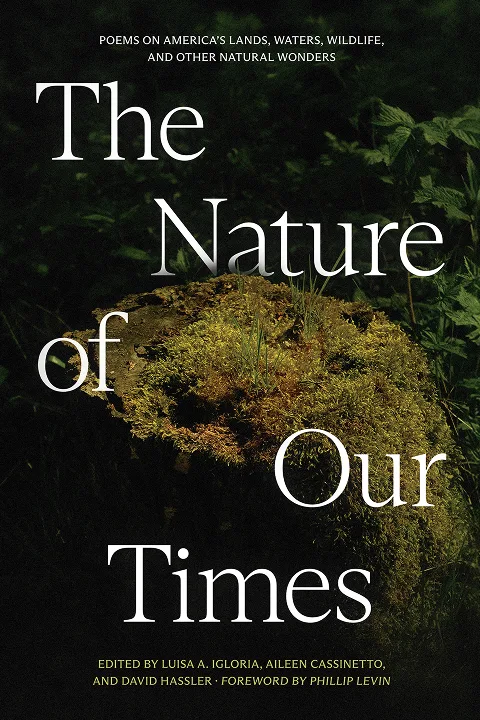Letter from Algeria
Letter from Algeria
When Lord Acton declared that power corrupts and absolute power corrupts absolutely, he may not have been thinking of the slave economy of 18th-century plantations, nor of the kind of peonage that much of 19th-century colonialism still implied. But his statement explains very well the kind of absolute confusion and corruption that one still encounters at every step in areas like French North Africa, which have inherited the inescapable tangle of injustices, hatreds and resentments which slavery and peonage continue to breed long after they have been officially abolished.
Not that French colonial administration in North Africa has been any more despotic or corrupt than in other areas of the French Union, or than those of other colonial powers. On the contrary, the French have been remarkably liberal; they were inspired, even in the early stages of their colonial administration but especially after 1870, by generous 18th- and 19th-century notions of civilization and democracy as goals towards which the colonial peoples whose tutors they had chosen to become must still be educated. The French have been conscious of the human and political rights of the less advanced peoples, even if they have flouted these rights when they conflicted too overtly with certain French interests.
The French have been established in Algeria since 1830, in Tunisia since 1881, in Morocco since 1912. A thousand years of common economic and cultural history, under Greeks, Carthaginians, Romans and Byzantines, had already bound these areas closely to the Northern shores of the Mediterranean, long before the Iron Curtain of Islam cut them off from the Christian world. Even after the Mohammedan Conquest of North Africa, relations between the Maghreb and Spain continued to be close as long as the Arabs were still in the Iberian peninsula; after that, an uninterrupted series of wars and expeditions of all sorts, ranging from piracy and the repression of piracy to normal trade relations, kept Algiers and the coastal cities of Barbary in close contact with other areas of the Christian Mediterranean.
The native population of the Northern coasts of Morocco, Algeria and Tunisia was thus, in spite of the Asian veneer of Islam, in most respects as Mediterranean, by 1830, as that of Spain or Sicily, lands that had also experienced several centuries of Arab occupation. Though the slave trade had brought to the Barbary Coast a considerable number of Negro slaves from the Saharan oases and the Sudan, North Africa was still bound by closer ties to Europe, beyond the sea, than to Africa proper, beyond the less hospitable desert. The Europeanization of North Africa therefore presented to the French a problem that was far less fraught with potential trauma than the cultural assimilation of the West African “slaves” imported some two hundred years ago into Brazil or the southern states of the U.S.A.
But this Europeanization has been rendered more hazardous by i...
Subscribe now to read the full article
Online OnlyFor just $19.95 a year, get access to new issues and decades' worth of archives on our site.
|
Print + OnlineFor $35 a year, get new issues delivered to your door and access to our full online archives.
|






